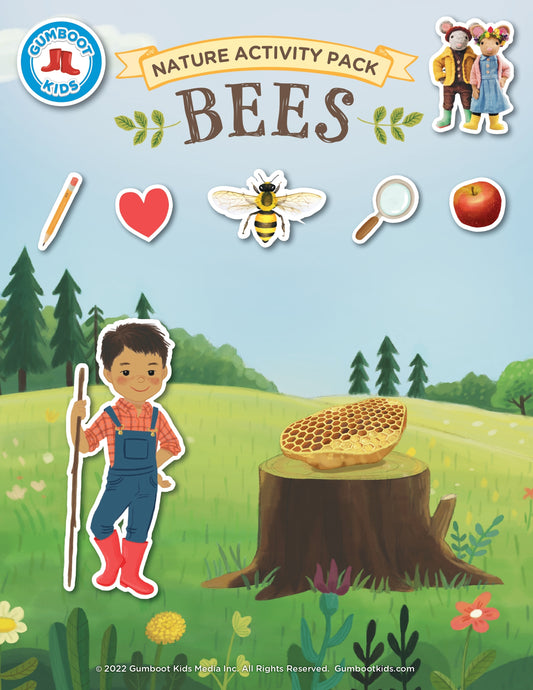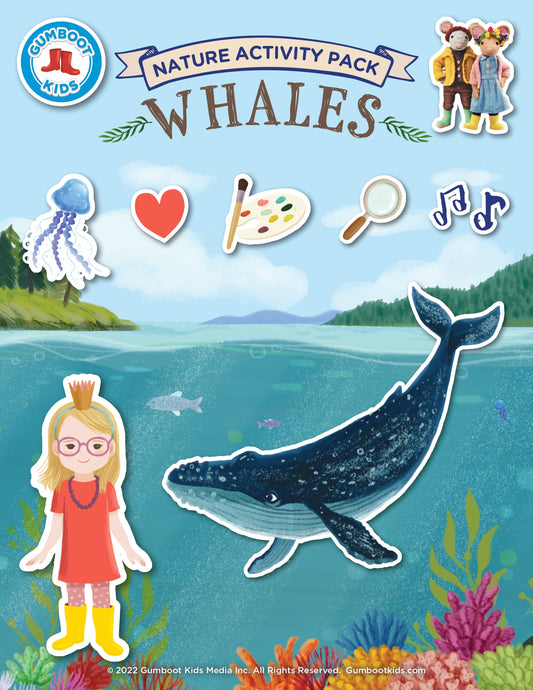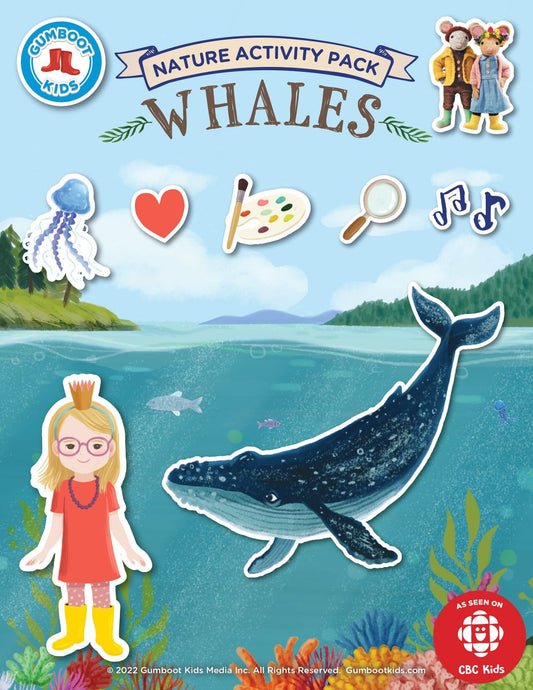Wilderness therapy for children is a type of outdoor therapy that involves immersing children in nature-based experiences for therapeutic purposes. It is a structured and comprehensive approach to helping children who are struggling with emotional, behavioral, and mental health challenges. This therapy involves engaging children in various outdoor activities such as hiking, camping, rock climbing, and other wilderness experiences that require children to confront challenges, build self-confidence, and develop problem-solving skills.
The primary goal of wilderness therapy for children is to promote personal growth, increase self-esteem, and develop a sense of responsibility and accountability. This therapy is typically conducted in a group setting where children interact with each other, share experiences, and learn from each other's successes and failures. Trained and licensed therapists and other professionals lead the activities and provide individual and group counseling sessions to address specific mental health and behavioral issues.
Wilderness therapy for children is considered an alternative form of therapy for children who have not responded well to traditional therapy methods or those who need a more intensive therapeutic approach. It is typically offered in a residential setting and may last for several weeks or months, depending on the child's needs and progress.




